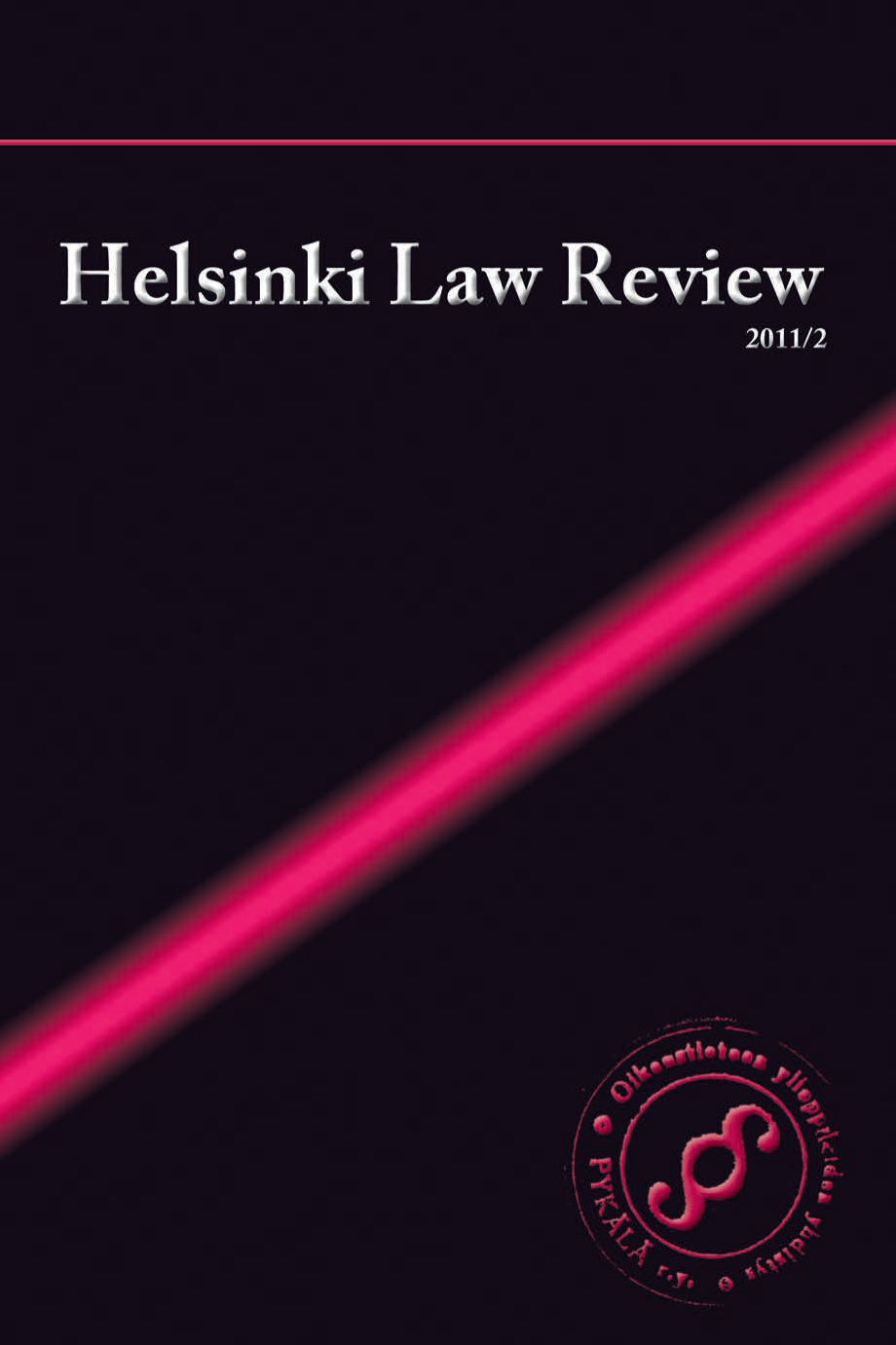The European Court of Human Rights, Islam and Foucauldian Biopower
Avainsanat:
foucault, biopower, islam, muslim, European Court of Human RightsAbstrakti
This article studies the Islam-related cases of the European Court of Human Rights through the lens of Foucauldian theory of biopower and governmentality. It is argued that Muslims, and especially the veiled Muslim woman, are profiled as risks to the Western neoliberal societies by different biopolitical risk technologies. As such they must be either ‘normalized’ – shaped into unattached, non-particularistic subjects through different disciplinary techniques – so that they disappear into the mass of the mainstream population, or be excluded from the society. This biopolitical aim is accomplished through an impenetrable net of seemingly insignificant practices and discourses that not even the participants to the practices are aware of. It is, therefore, argued that the judges of the Strasbourg Court are sincere in their attempts to balance conflicting interests in the difficult Islam cases, but that they cannot avoid being affected by myriad non-judicial norms, executing biopolitical aims, that penetrate the judicial defence mechanisms especially through discourses that they judges partake of and in cases where the margin of discretion of the Strasbourg judges or the national authorities are increased.


